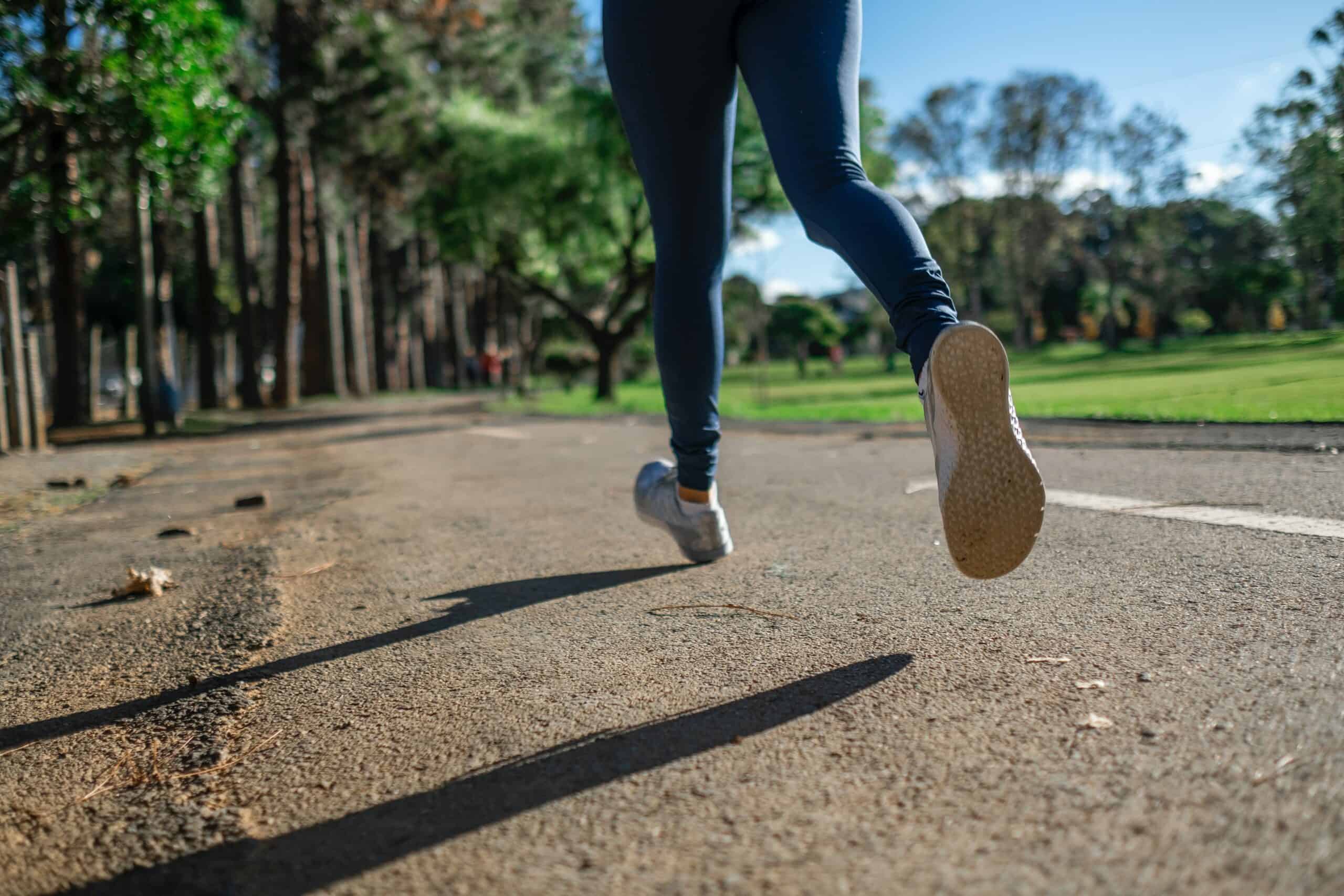
Training for a half or full marathon requires careful planning. Long-distance running demands strength training, stretching, proper running form, and consistent training.
As a result, novice and experienced runners often ask, “Should I run everyday?” Let’s take a look at the answer to that question as well as other related topics.
How Many Days Per Week Should I Run?
The answer to the question, “Should I run everyday?” is a resounding no. Both new and seasoned runners should avoid daily running to prevent overtraining and associated injuries.
But why is that?
Your body needs time to recover after your runs. Recovery is what enables the body to repair itself from the stress of running, and therefore, is when you actually get stronger.
Running everyday reduces the recovery time you have available, which would lead to a decline in performance, and time for muscle repair and therefore would increase in likelihood of injuries sustained.
Novice and veteran runners should strive to run three or four times per week, prioritizing alternating days. This alternate-day approach allows the body to recover while ensuring the benefits from each training session are reached.
How Running Everyday Impacts the Body
Running takes a toll on the entire body, but let’s take a closer look at how running everyday specifically impacts the body.
Cardiovascular Health
Daily running has been shown to improve overall cardiovascular health. Overall, running at a moderate pace for 10 to 15 minutes per day is beneficial to the body. However, daily high-intensity running sessions should be avoided.
Bear in mind that the more intense the training sessions, the longer the recovery times. It’s always best to give yourself one to two days of recovery time following intense running sessions to fully reap the benefits of your training.
Increased Risk of Injury
Running everyday can significantly increase your risk of injury. Overtraining occurs when the muscle is exerted beyond its limits without having enough time to recover.
Consequently, the muscle becomes weaker instead of stronger. As the muscle fibers stretch out, they may break, causing injury. Depending on the nature of the injury, extensive recovery time may be needed for the muscle to recover fully.
Similarly, joints and ligaments need time to recuperate. Overtraining can wear down joints, cause inflammation and lead to persistent pain or soreness.
Decreased Performance
As a whole, running daily can lead to decreased performance levels. Ultimately, running everyday produces less impressive results than if you were to take breaks.
The body needs to recover in order to get stronger. If you never give yourself time to bounce back, you’ll perform less optimally. Overtraining can lead to decreased performance due to the persistent stress on muscles, joints and ligaments.
Remember that recovery time allows muscle fibers, ligaments and joints to repair tissue damage, leading to stronger, more resistant fibers. This leads to increased strength, performance and endurance.
Mental Health
Running, like any physical exercise, has been proven to improve overall mental health by reducing levels of the body’s stress hormones, like adrenaline and cortisol. However, overtraining can strain your mental health.
Running daily imposes significant stress on the body, counteracting the benefits of running, by producing higher stress hormones like increased cortisol levels.
Signs You Should Take a Rest Day
Here are five telltale signs that you need to take a rest day:
- Persistent soreness throughout the body
- Swelling in knees, ankles, and/or feet
- Feelings of fatigue, dizziness, or headaches
- Irritability or moodiness
- Unwillingness to do exercise
Try Cross-Training
Runners are athletes. Runners love physical exercise. However, instead of running every single day, a balanced training approach will maximize training benefits.
Cross-training consists of performing non-running exercises which helps maintain fitness levels (both muscular and cardiovascular) while allowing your body the opportunity to simultaneously recover.
Examples of cross-training for runners include weight lifting, yoga, pilates, calisthenics, walking, or riding a stationary bike. These types of exercises incorporate other supporting muscle groups that are essential for effective running.
Core training, which involves the abdomen and the back, allows runners to keep a structured stance and maintain proper posture, which tend to weaken when fatigued, especially during long runs. Building muscle helps runners stay healthy and reduce the risk of injury.
Alternate between running and cross-training and be sure to take it easier on days that follow hard and intense running sessions. Engaging in cross-training sessions after an intense run can also trigger symptoms similar to those that result from overtraining.
Running Everyday is a Catch-22
While running everyday sounds like the best way to get better at running, it can actually cause more harm than good. Even though running has significant benefits for the body, it’s a good rule of thumb to avoid running every single day.
Instead, alternating runs and cross-training can lead to increased physical performance and improved mental health. Rest is also a critical factor in ensuring that the body recovers, which subsequently reduces the risk of injury and avoids the possibility of decreased performance.





